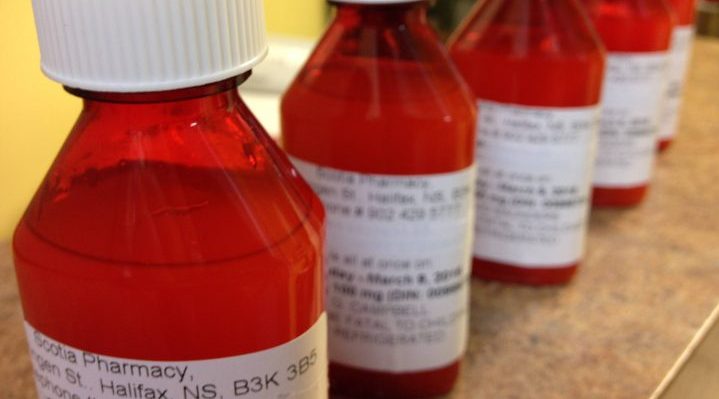The Opposition NDP’s mental health and addictions critic said the opioid assisted therapies, like methadone, are approaching crisis levels.

The College of Physicians and Surgeons of Saskatchewan revoked two doctor’s licenses on April 1.and May 1 who could provide these services. This leaves one doctor left in Regina that can administer these services and about 700 extra patients between the two disciplined doctors.
The NDP’s Danielle Chartier said this could result in some patients having difficulty accessing care and having their recovery suffer.
“We have 700 people that no longer have their addictions physician to support them with their chronic medical conditions. They won’t be getting their medication,” Chartier said.
“Obviously what happened with the college isn’t the minister’s responsibility, but ensuring that gap is filled does fall to the minister.”
Health Minister Jim Reiter said his office and the Saskatchewan Health Authority (SHA) were caught off guard by the college’s decision.
The current Regina physician will also be helping recruit replacement specialists that can help deliver opioid assistance therapies.
The additional prescribing powers of pharmacists comes from Health Canada because of challenges with the province’s opioid situation. The powers are in place until next fall, according to Reiter.
Health Canada issued the following statement on the matter:
We are working closely with the Saskatchewan Health Authority, Saskatchewan College of Pharmacy Professionals, and the College of Physicians and Surgeons of Saskatchewan to support continued access to opioid agonist treatment for the patients of these physicians.
At the request of the College of Physicians and Surgeons of Saskatchewan, Health Canada has provided a temporary six-month exemption enabling the College to respond to the urgent public health situation in the province resulting from the revocation of two physicians’ licences. This exemption will allow pharmacists who currently work with these doctors’ patients to extend their existing methadone or suboxone prescriptions until alternative physicians are identified.
“Counsellors and nurses will be helping out as well, so it’s going to sort of be an all hands on deck approach until we can get more prescribing physicians up and running,” Reiter said.
During Wednesday’s human services committee meeting, where this issue first came up, the assistant deputy health minister said there are two types of prescribing physicians; prescribers of maintenance and prescribers of initiation. She said the province has more prescribers of maintenance that can help manage the caseload.
- Canadian man dies during Texas Ironman event. His widow wants answers as to why
- ‘Sciatica was gone’: hospital performs robot-assisted spinal surgery in Canadian first
- Canadians more likely to eat food past best-before date. What are the risks?
- Treatment from female doctors leads to lower death rates, study finds
For recruitment, Reiter said his understanding is the goal isn’t necessarily to recruit brand new doctors from elsewhere, but encourage local physicians to add opioid therapies to their existing caseload.
Chartier is calling on additional recruitment tools, including more money for doctors and other measures.
“We need to maybe bring in locums from other places. This is a crisis. People in the community are quite panicked about what this all means,” Chartier said.
Reiter said there is no current timeline when replacement physicians will be coming online.
Both Retier and Chartier don’t fault the college for levelling the disciplinary action it did, acknowledging it is an independent regulatory body.




Comments